Steel gratings are widely used in many industrial applications including factory platforms, walkways, stair treads, trench covers, fences, ceilings, etc. It ensures personnel safety and provides high strength, great carrying capacity and excellent corrosion resistance. We have stainless steel gratings, galvanized steel gratings, pressure-locked steel gratings and heavy steel gratings for you to choose from. Then how to choose the right steel gratings? Here are some tips on how to choose the correct steel gratings for your reference:
Welded steel grating or press-locked grating
The main difference between the two gratings is the mode of production.
The features of the two gratings are similar. You can choose according to your own will.
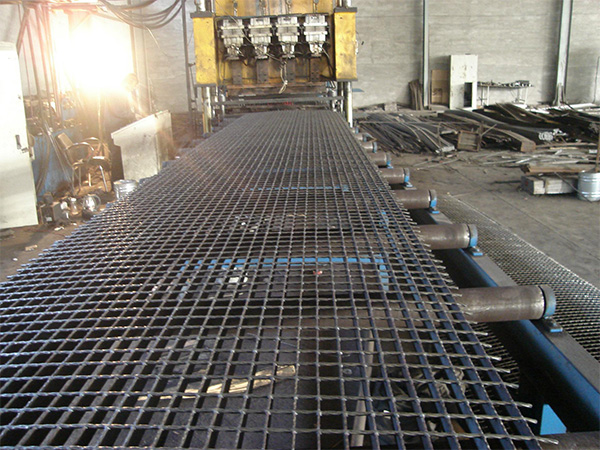
Figure 5: Welded steel grating fixed by pressure resistance welding.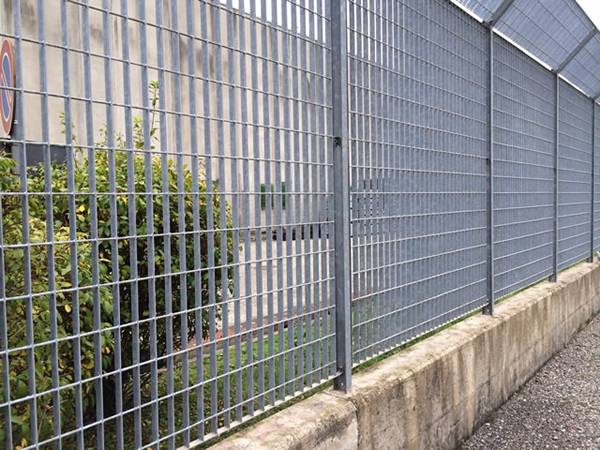
Figure 6: Press-locked grating fixed through the pressure to make the cross bar into the pre-open flat steel.- Welded steel grating
It is a steel grating fixed by pressure resistance welding in the each intersection point of bearing bar and cross bar, and the cross bar is generally used by square steel or twisted steel. It provides a robust structure, high strength and great carrying capacity. It is commonly served as walkways, stair treads, fences, floors, etc.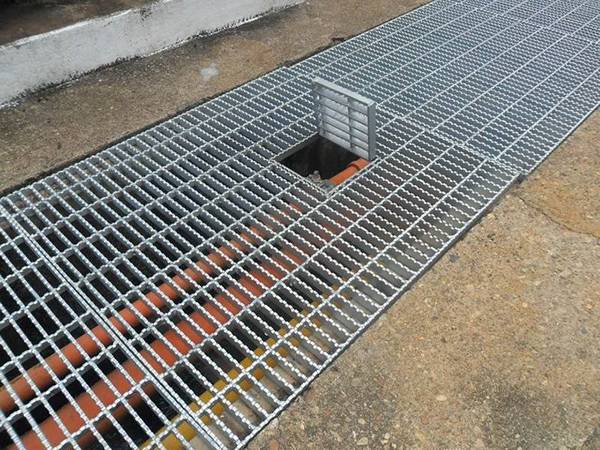
Figure 1: Welded steel grating for desks and seats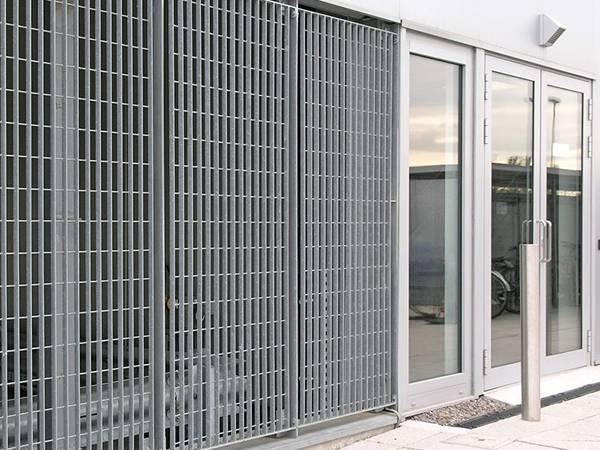
Figure 2: Welded steel grating for security fence - Press-locked grating
It is a steel grating fixed through the pressure to make the cross bar into the pre-open flat steel in the each intersection point of bearing bar and cross bar, and the cross bar is usually flat steel. It offers a stable connection and an attractive appearance. It is widely used in factories, civil and commercial buildings for stair treads, trench covers, floors, platforms, fences, etc.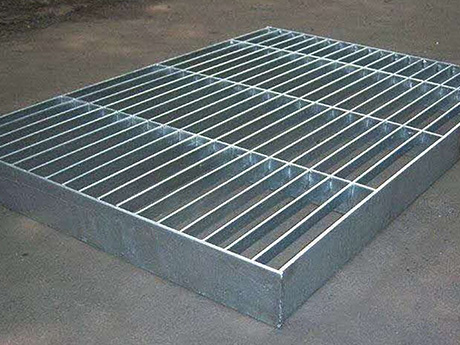
Figure 3: Press-locked steel grating for pipeline cover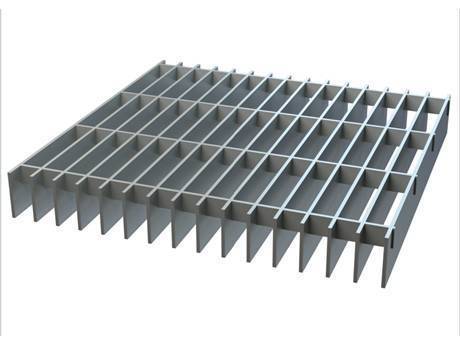
Figure 4: Press-locked steel grating for wall cladding Materials
When you choosing materials, you must consider the expected use of the grating. Is it used only for grating walkways? Or a shelf? Does the vehicles need to pass through the gating? In these cases, you must ensure that the grating has adequate strength to ensure the correct choice of materials.
Each material has its unique characteristics and applications. Here we’d like to introduce it briefly to help you choose the right material.
Material Features Application Galvanized steel Economical, high strength, excellent corrosion resistance Suitable for platforms and walkways in petrochemical, power plants, municipal engineering, etc. Low carbon steel Economical, excellent ductility, great welding and stamping properties. Suitable for municipal construction, interior decoration, building materials, platform aisles, etc. 304 stainless steel Great corrosion resistance, heat resistance and high tensile strength Suitable for chemical plants, food plants, power plants and wastewater treatment and other applications require high temperature operations. 316 stainless steel Compared with 304 stainless steel, it has better corrosion resistance and pitting resistance, greater heat resistance For chemical, pulping and paper processing, textile equipment, petroleum refining, etc. Aluminum Light weight, great corrosion resistance and attractive appearance Widely used in indoor ceilings, outdoor curtain walls, other decorative applications and mechanical equipment maintenance platforms. Which mesh size to choose
The common mesh size of welded steel gratings is 33 mm × 33 mm and 34 mm × 38 mm. According to the different load, place, use, method of application and the requirements of customer, there are different ways to divide grating mesh.
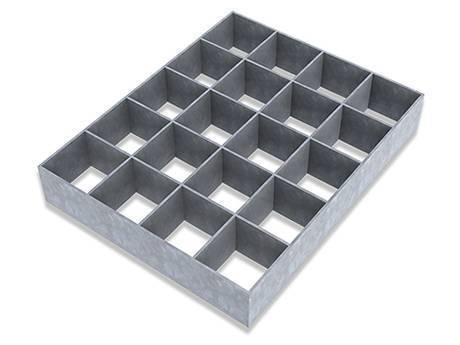
Figure 7: Larger mesh allows more light to pass through.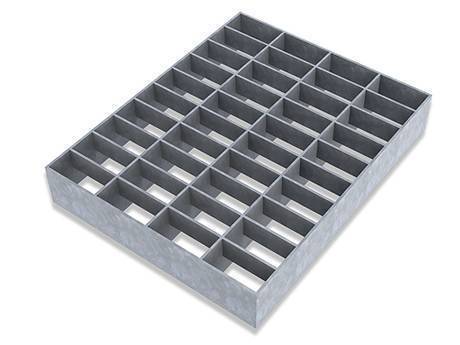
Figure 8: Smaller mesh prevents objects from falling off.Load: The smaller the mesh, the higher the load capacity of grating.
Application: Larger mesh allows more light to pass through. Smaller mesh prevents objects from falling off.
Customer: The shape and size of the mesh determines the optical perception of the grating.
Surface protection
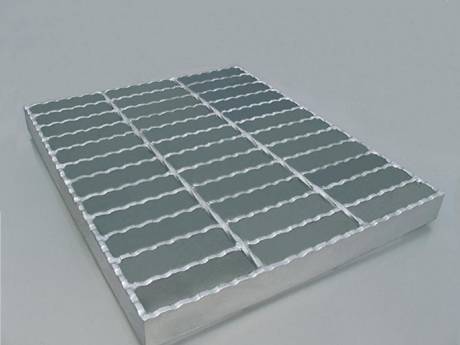
Figure 9: Galvanized welded bar grating.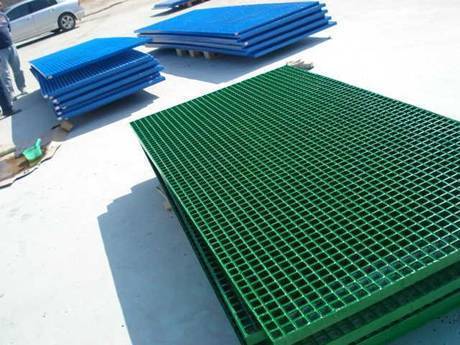
Figure 10: Powder coated steel grating.Steel gratings are available in black, without additional surface treatment or galvanized.
Hot-dip galvanizing is generally employed for low carbon steel grating surface treatment. It provides a clean, smooth and maintenance-free surface, and forms a stable protective film on the surface with great corrosion resistance. The protection of hot galvanizing guarantee for 40 years against corrosion.
For special applications offer additional protection, for example: powder coated, painted color.
The performance of anti-slip
Generally speaking, there are two kinds of surface shape of grating. One is smooth and the other is serrated. We usually make the grating surface into serrated to increase the performance of anti-slip.
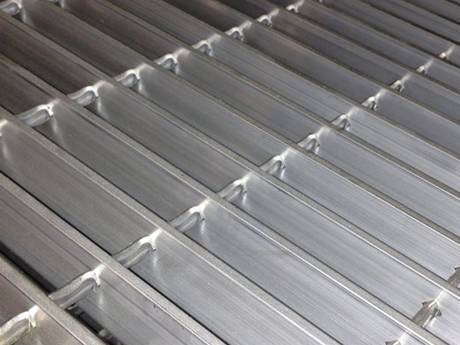
Figure 11: Smooth surface welded steel grating.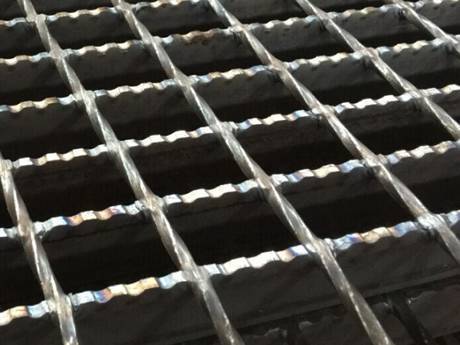
Figure 12: Serrated surface welded steel grating.Steel grating carrying capacity
Steel gratings have different carrying capacities. Generally, steel gratings with small pitches have a large carrying capacity while steel gratings with large pitches have a small carrying capacity. We shall choose corresponding carrying capacity according to our project requirements.
If you are looking for steel gratings for you projects, we hope these tips can help you choose the right steel gratings quickly. If there are any questions, you can contact us directly. We are a professional steel grating manufacturer, we can provide customized solutions to meet all your demands.

